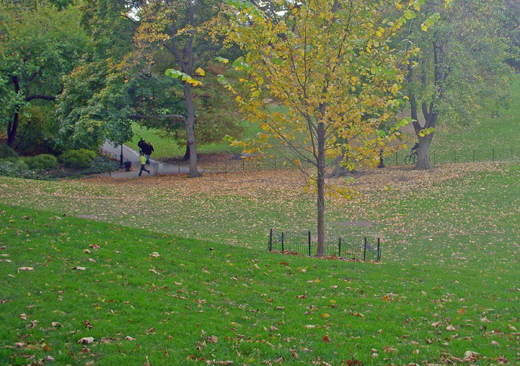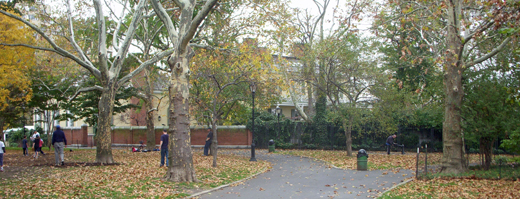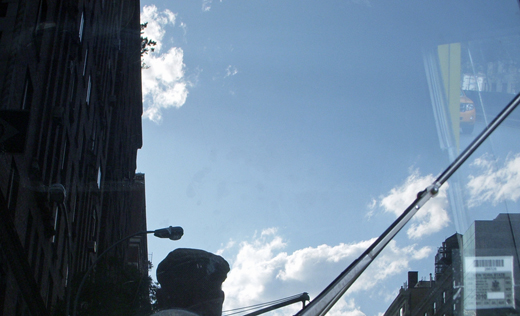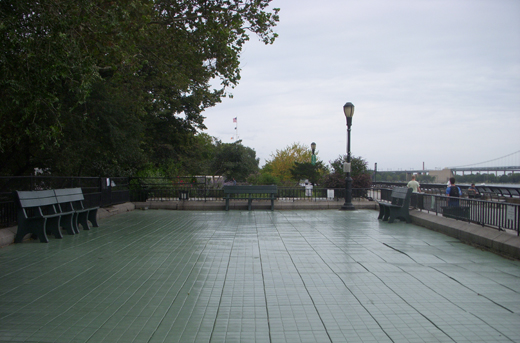Monday Scramble: Literally
Monday, November 9th, 2009
It seems, lately, that I always want to begin this page with a short list of the pages that haven’t been written — the ones that I promise to get round to. Right now, there are three derelictions — their subjects being a chamber recital, a Broadway show, and a novel. But who, besides me, gives a damn? I’m flattering myself with a guilty conscience.
I have caught up on the Friday Movies front, though: three weeks ago, I saw La Nana, a genial film from Chile. Two weeks ago, I didn’t go to the movies at all, but last Friday I saw the unhappily titled but otherwise marvelous The Men Who Stare at Goats.
We read Stephen King’s story in The New Yorker, and recalled of reading Stephen King in The New Yorker the first time that that happened. Publishing an assertively non-literary writer is one thing; treating the magazine as an ongoing pre-publication event for forthcoming books is another. And that’s what fiction at The New Yorker seems to be, lately, no matter who writes it.
If it weren’t for Liesl Schillinger, I just might give up on the Book Review review.

















